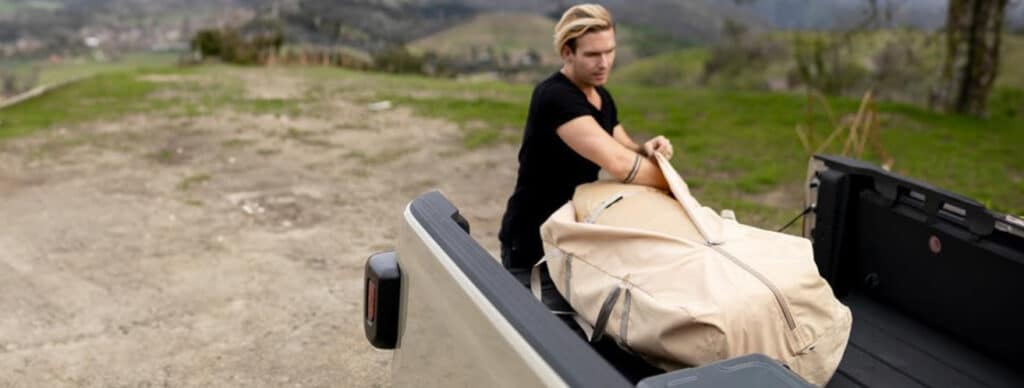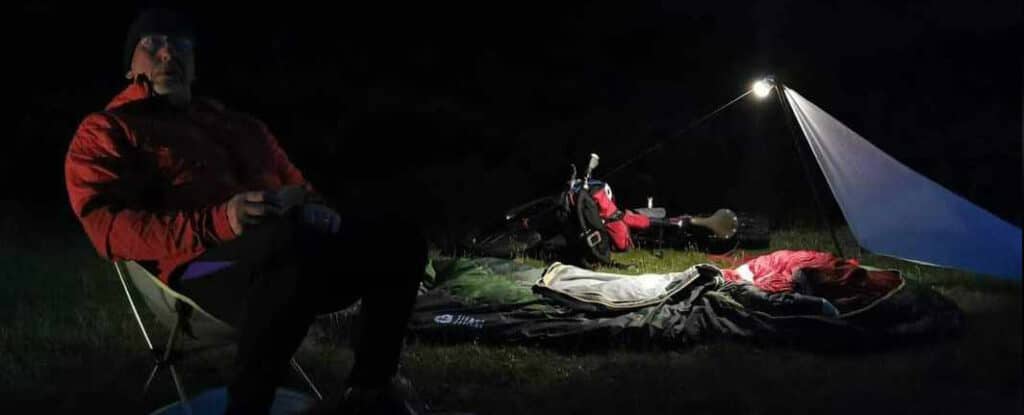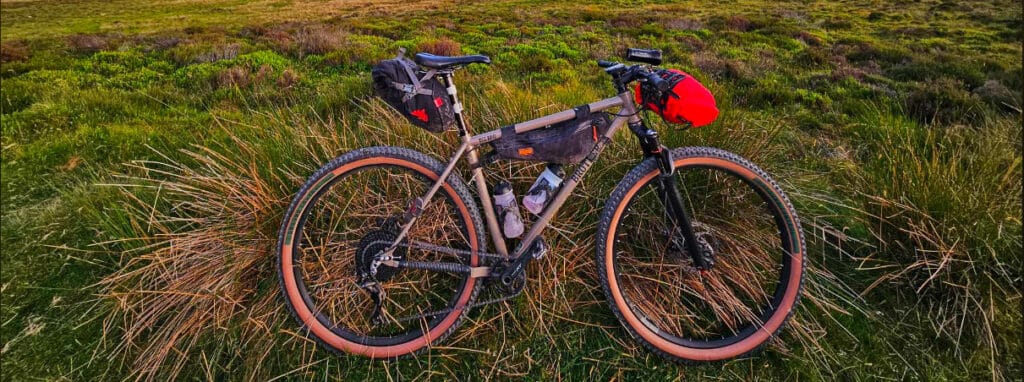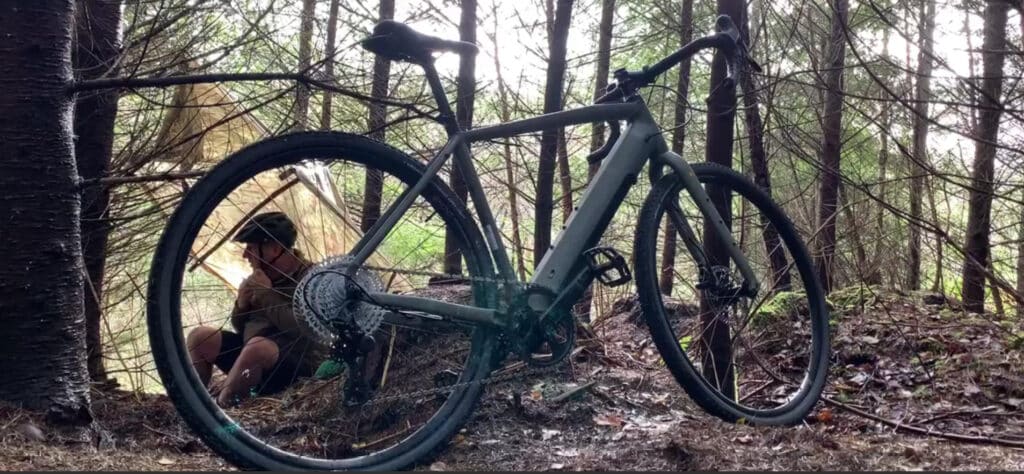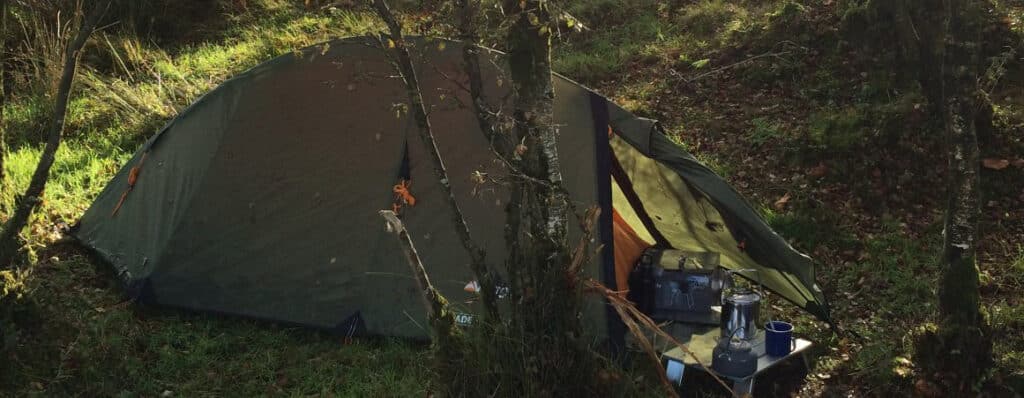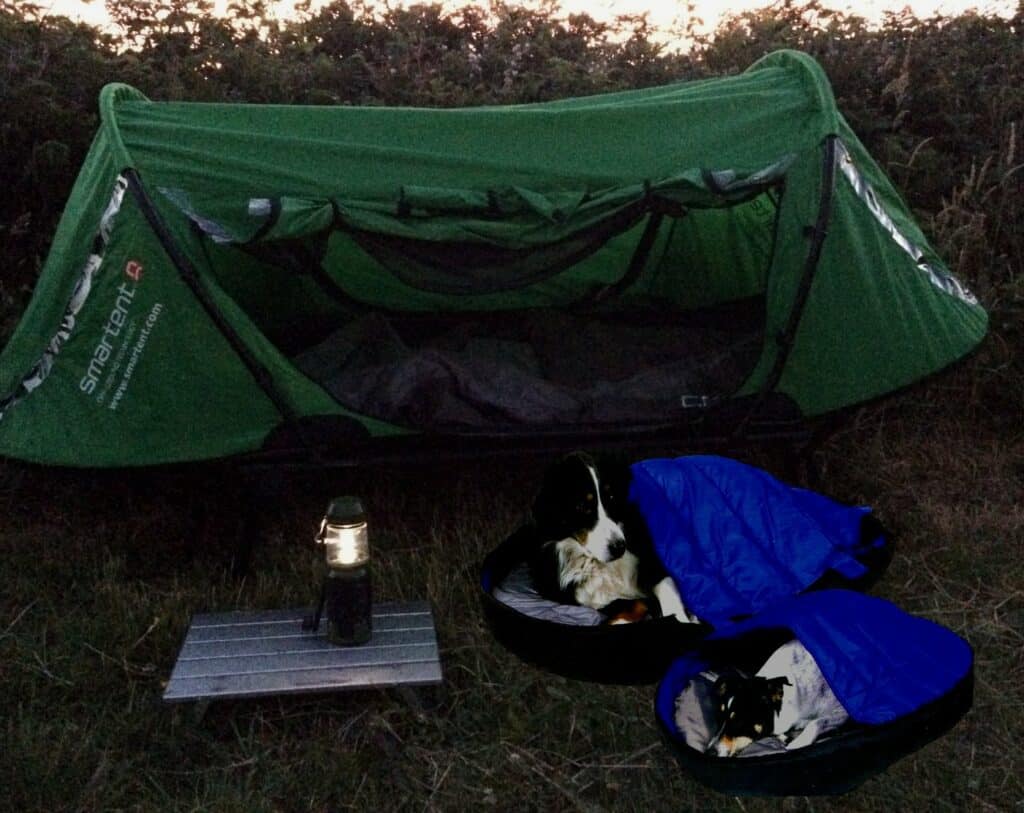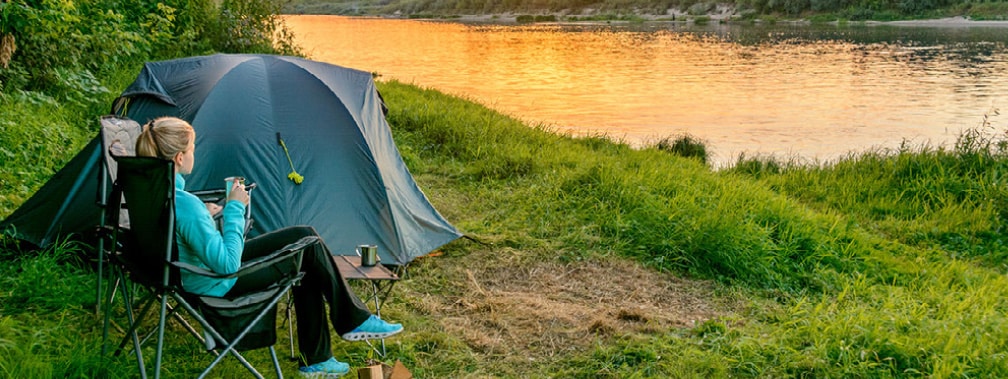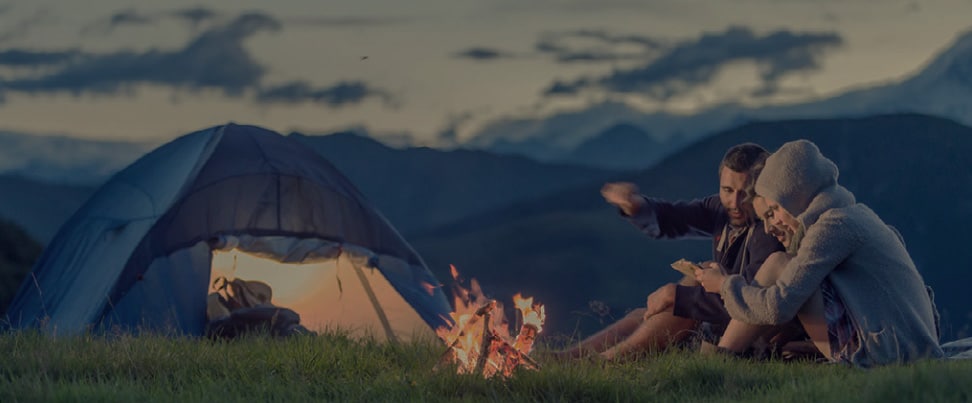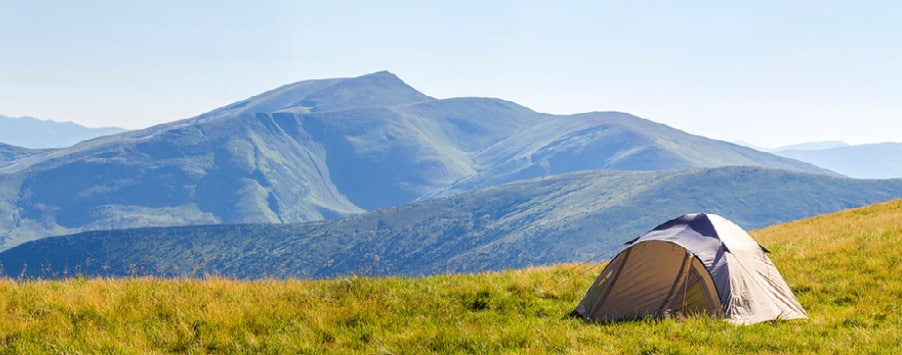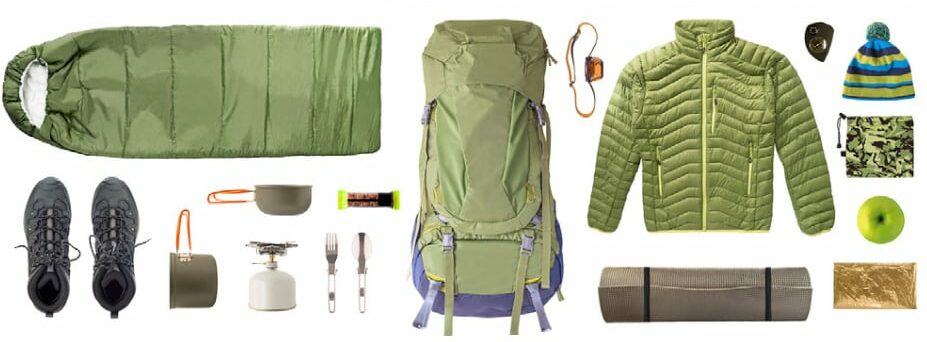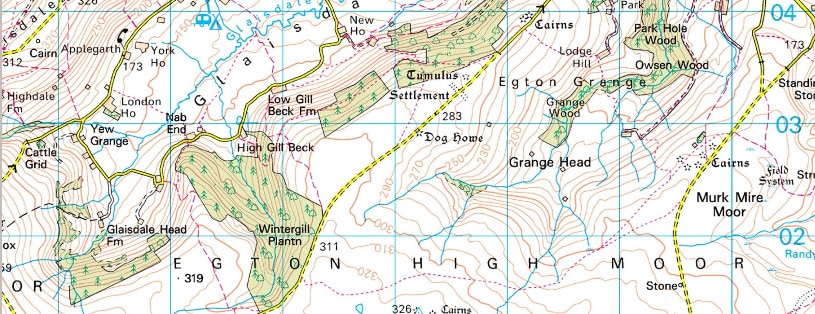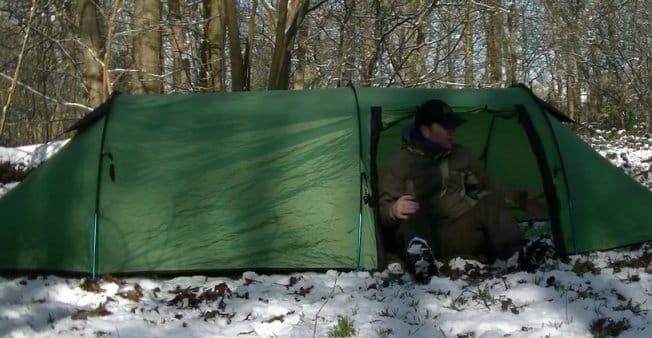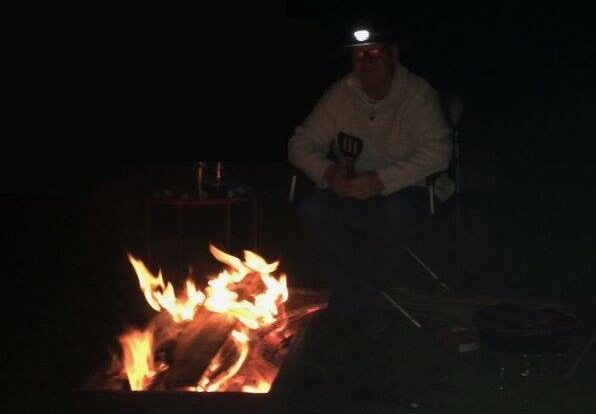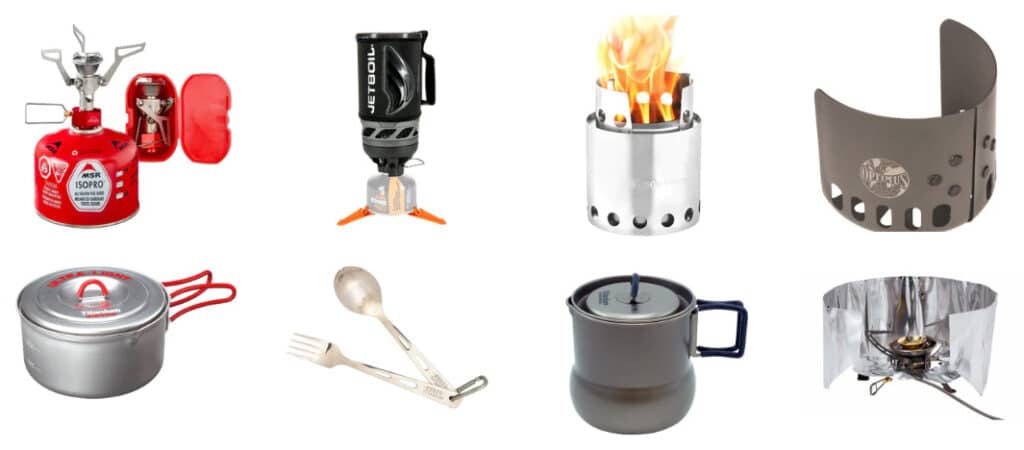
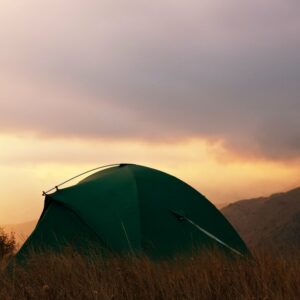
The Experience Weekend timetable is still being firmed up for 2024 but so far it looks like this …
-
- June 7 – 9th – “The weekend will be about photographing the natural world in order to understand the relationship between us as the photographer and everything that is around us,” says Ben. – Cumbria
-
- June 14 – 16th – Experience Willow Weaving, sensory foraging and introduction to to Emma’s journey in creating a nature based, off-grid healing retreat. Yurt and hut accommodation options also available – Devon
-
- July 12 – 14th – Woodland Survival Skills. You will learn how to make a friction fire with a bow drill, how to make quality cordage from natural materials as well as other useful campfrie gadgets and a bit of carving for fun – Staffordshire
-
- August 20 – 22nd – A full and varied Bushcraft weekend with Lizzi of Pippin and Gile. Probably Sussex, venue to be confirmed


Plus we are still confirming details with:
-
- Wild Cooking, with Lucy Cooke, The Wild Cook
-
- Wild Flowers when camping with Jum Langley of Nature’s Work
-
- Scything and managing hay meadows, with one of our member location owners
-
- Learning the science behind firelighting, water filtering, projeciles and lots more with Rupert from Feral Science
- Building our confidence in wilder situations with Wilderness Tribe
Booking information to come soon, note these camps are members-only.
Full details are listed on the members Community page




